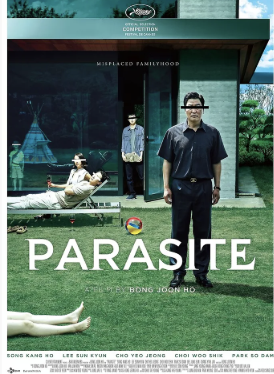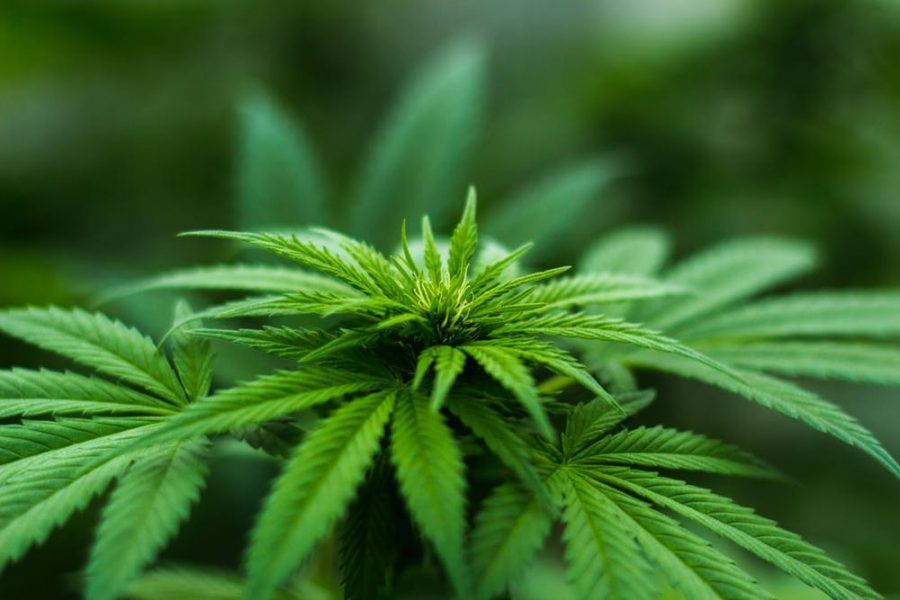Should Marijuana Be Legalized in NJ?
February 19, 2019
Within recent years, the push for national legislation to validate recreational marijuana usage has become a hot topic on social media. States such as Colorado, California and Michigan have already legalized marijuana and states such as New Jersey seem only a few months away from joining that list. As a result, advocates and adversaries for the decriminalization of marijuana have lobbied to introduce or halt such legislation at the national level. Both sides continue to find unique and interesting methods in order to convince the country about their beliefs, yet often times, the most simple arguments are the most convincing.
The simplest anti-marijuana argument stems around the commonality for people to shy away from acknowledging the very real health consequences of marijuana usage. Despite decades of research, studies continue to evidence political biases. The pharmaceutical lobby (“Big Pharma”) exaggerates the harmful effects of marijuana in order to promote their own painkillers while the burgeoning marijuana industry skew studies in the opposite direction. However, as a classified drug, no real, independent studies have been conducted on the long-term impact of marijuana usage. Of late, many anecdotal stories of the benefits of CBD and marijuana related substances have been publicized.
When marijuana is consumed, a mind altering chemical called THC is released into the bloodstream and transported throughout the body. According to the NIH, in the short term, THC over-activates the brain, stimulating the signature “high” feeling. In small doses, side effects like mood changes and altered senses tend to be relatively minor. However, larger or habitual doses impair memory, cause hallucinations, and even instigate psychosis. The long term effects of THC usage are less conclusive although marijuana use has been shown to damage the formation of the brain. Obviously, if smoked, damage to the lungs, throat and respiratory track will result.
But THC is not the only active ingredient in marijuana. CBD, another active component in cannibis, has documented benefits of relieving seizures, anxiety or psychosis, essentially mitigating the harmful effect of THC. Unfortunately, because CBD does not contribute to the “high,” CBD concentrations in marijuana have declined over the past decade. For that reason, a study from NCBI concludes that although CBD can counteract THC, marijuana is still not a safe drug.
For every study that condemns marijuana, there is one that praises it, but there is enough doubt to warrant a call for accountability, transparency, and further research. For that reason, I think that weed should be legalized.
Wait, what!? Yes, I think that marijuana should be legalized precisely because it’s dangerous when unregulated.
Let’s first look at current policy. Marijuana usage continues to rise despite its illegal status. I would argue that those who want weed, have weed. The barriers placed by the government simply are not great enough to discourage marijuana usage. Weed is part of our society for millions of individuals and is a phenomena we need to acknowledge moving forward.
Another thing we must consider is that the majority of the conclusive harms of marijuana usage indicate harms towards developing brains, but, legal or not, minors will still not have access to weed. That does not change.
When consumers have to hide from the law to get marijuana, quality control is nonexistent. In an unregulated setting, marijuana has become stronger and more potent. That means that anyone who uses weed uses stronger strains of weed. For example, during the prohibition period, liquor dominated the black market which forced all alcohol users to immediately turn to hard liquor. Restrictions make addicts out of those just trying to experiment. Similarly, government bans against weed have only made the drug stronger but have not made weed go away.
Legalization offers an alternative to the consumer. Legal businesses promote greater product diversity which solves the problem mentioned above. With greater government regulation rather than prohibition, we can force higher CBD levels and less THC. More so, entrepreneurship in the marijuana industry promotes long term innovation for reducing negative side effects and augmenting positive ones.
Marijuana is a topical issue in the US; it is a reality with which we must deal. Precisely that reason, medical and possibly recreational marijuana ought to be legalized. That way, we can offer re-leaf to those who suffer today.
























